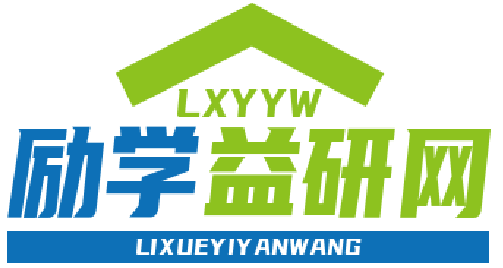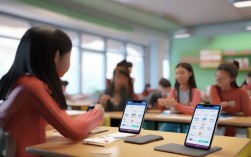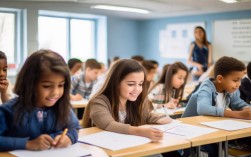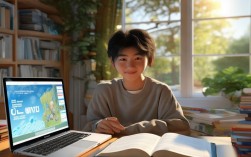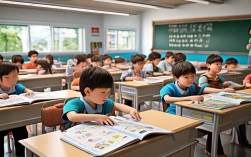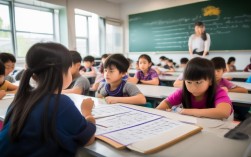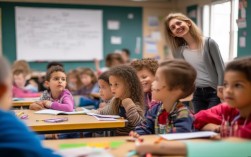下面我为你整理了一份超详细的七年级下英语辅导指南,内容涵盖核心语法、重点词汇、学习方法和资源推荐,希望能帮助你系统地复习和提升。

第一部分:核心语法点(重中之重)
七年级下册的语法是考试的绝对核心,务必吃透。
情态动词 can 的用法(复习与拓展)
- 用法:表示能力(会)、许可(可以)、请求(可以吗?)。
- 结构:
主语 + can + 动词原形 + ... - 否定句:
主语 + can't (cannot) + 动词原形 + ... - 一般疑问句:
Can + 主语 + 动词原形 + ...? - 肯定/否定回答:
Yes, 主语 + can. / No, 主语 + can't.
- 例句:
- I can swim. (我会游泳。)
- She can't play the piano. (她不会弹钢琴。)
- Can you help me? (你能帮我吗?)
情态动词 could 的用法
- 用法:是
can的过去式,表示过去的能力;也可以比can更委婉地提出请求或建议。 - 结构:
主语 + could + 动词原形 + ... - 例句:
- When I was five, I could ride a bike. (我五岁的时候会骑自行车。) - 过去的能力
- Could you please open the window? (请你打开窗户好吗?) - 更委婉的请求
一般过去时
这是七年级下册最最重要的语法点,没有之一!
- 用法:表示在过去某个时间点发生的动作或存在的状态。
- 结构:
- 肯定句:
主语 + 动词过去式 + 其他. - 否定句:
主语 + didn't + 动词原形 + 其他. - 一般疑问句:
Did + 主语 + 动词原形 + 其他? - 肯定/否定回答:
Yes, 主语 + did. / No, 主语 + didn't.
- 肯定句:
- 核心:动词过去式的变化规则
- 直接加 -ed:
work->worked,look->looked - 以 e 只加 -d:
live->lived,like->liked - 辅音+y 变 y 为 i 再加 -ed:
study->studied,cry->cried - 重读闭音节结尾,双写末尾辅音再加 -ed:
stop->stopped,plan->planned - 不规则变化:必须单独记忆!这是考试的重点和难点。
am/is/are->was/werego->wenthave/has->haddo->didsee->saweat->ateget->gotmake->madetake->tookcome->camebuy->boughtfly->flew
- 直接加 -ed:
- 例句:
- I watched TV last night. (我昨晚看了电视。)
- He didn't go to the park yesterday. (他昨天没去公园。)
- Did you finish your homework? (你完成作业了吗?)
There be 句型(过去时)
- 用法:表示“过去某地存在某物”。
- 结构:
There was/were + ... + 地点状语. was用于单数名词或不可数名词前,were用于复数名词前。- 例句:
- There was a book on the desk yesterday. (昨天桌子上有一本书。)
- There were many people in the park last weekend. (上周末公园里人很多。)
特殊疑问句
- 用法:对句子的某一成分(如人、事、时间、地点、原因等)提问。
- 结构:
特殊疑问词 + 一般疑问句 - 常见疑问词:
What(什么)Where(哪里)When(什么时候)Why(为什么)Who(谁)How(怎么样,如何)How old(多大年纪)How many(多少,修饰可数名词复数)How much(多少,修饰不可数名词;多少钱)
- 注意:回答特殊疑问句时,不能用
Yes或No,要直接回答问题。 - 例句:
- A: What did you do last Sunday? (你上周日做了什么?)
- B: I played basketball. (我打了篮球。)
- A: Where did he go? (他去哪里了?)
- B: He went to the library. (他去了图书馆。)
第二部分:重点话题与词汇
七年级下册的词汇通常围绕以下几个话题展开,建议你按话题来记忆和复习。
话题 1: 假期与旅行
- 核心词汇:
- 动词:
visit(参观),go(去),stay(待),walk(走),buy(买),see(看见),get(到达),have(度过) - 名词:
vacation(假期),beach(海滩),museum(博物馆),palace(宫殿),mountain(山),city(城市),country(国家),friend(朋友),shop(商店),gift(礼物) - 地点:
Great Wall(长城),Summer Palace(颐和园),Tian'anmen Square(天安门广场)
- 动词:
- 句型:
- Where did you go on vacation? (你去哪里度假了?)
- I went to Beijing. (我去了北京。)
- Did you go to the Great Wall? (你去长城了吗?)
- How was the beach? (海滩怎么样?) -> It was beautiful. (很美。)
话题 2: 健康与就医
- 核心词汇:
- 身体部位:
head(头),eye(眼睛),ear(耳朵),nose(鼻子),tooth(牙齿),throat(喉咙),stomach(胃),back(背),arm(胳膊),leg(腿) - 疾病/症状:
have a cold(感冒),have a fever(发烧),have a toothache(牙疼),have a headache(头疼),have a stomachache(胃疼),sore throat(喉咙痛),tired(累的) - 动词:
see a doctor(看医生),take medicine(吃药),drink hot tea(喝热茶),lie down and rest(躺下休息)
- 身体部位:
- 句型:
- What's the matter? / What's wrong with you? (你怎么了?)
- I have a cold. (我感冒了。)
- You should drink more hot water. (你应该多喝热水。)
- I hope you feel better soon. (希望你早日康复。)
话题 3: 兴趣与爱好
- 核心词汇:
- 动词:
join(加入),play(玩/打),read(读),watch(看),swim(游泳),dance(跳舞),sing(唱歌),draw(画画),speak(说),listen(听),go shopping(去购物) - 名词:
club(
- 动词:
